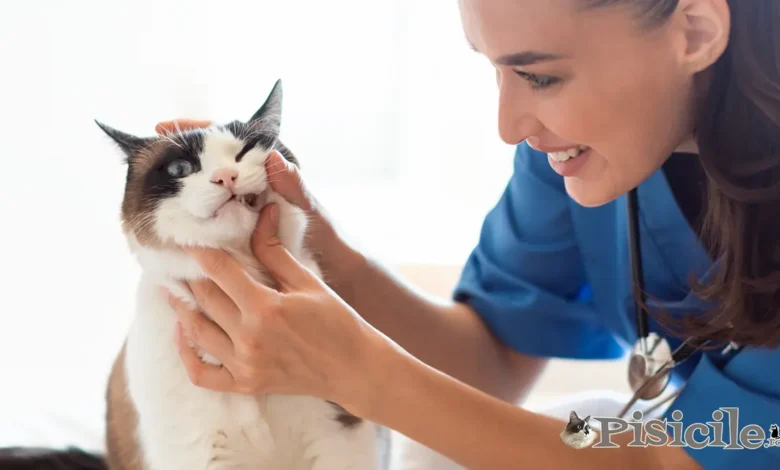
As with humans, gingivitis in cats is inflammation of the gums, and it can be caused by a variety of reasons. Healthy gums in cats should be light pink in color and show no swelling, bleeding or signs of inflammation.
Let's see in more detail what are the causes of gingivitis in cats, symptoms, treatment and how to prevent this condition of the oral cavity.
Subject
Causes of gingivitis in cats
Cats' gums are exposed to a variety of stressors, including irritants, allergens, bacteria and abrasives in their food. The immune system usually manages these factors, keeping the gums and oral mucosa healthy. However, there are situations where problems can arise:
Weak immune response. A weak immune system can allow pathogens to multiply, triggering inflammation.
Overactive immune response. On the other hand, an overactive immune system can cause inflammation in response to an otherwise harmless stimulus.
The root cause of gingivitis in cats can often be difficult to identify, but there are a few possible causes that are considered:
Bacterial infections. Pathogenic bacteria are often present in the mouths of cats with gingivitis, and can be both a primary cause and a secondary complication that worsens an initially mild form of gingivitis. This is one of the most common causes of gingivitis in cats.
Viral infections. Feline Calcivirus (FCV) is a common cause of gingivitis in cats, and sometimes Feline Herpes Virus (FHV) may be involved. Two other viruses that may play a role, although without a clearly defined role, are Feline Leukemia Virus (FeLV) and Feline Immunodeficiency Virus (FIV), affecting the cat's immune system without being directly related to gingivitis.
Immune diseases. Inflammation of the oral mucosa may reflect an autoimmune disease or an overreaction of the immune system to normal stressors such as bacteria and toxins accumulated in plaque. Poor dental hygiene predisposes to gingivitis.
Improper nutrition: An inadequate diet can contribute to the formation of bacterial plaque and, implicitly, because of this, gingivitis can occur in cats.
Other specific causes. Inflammation of the mucosa can also be caused by physical irritation (caused by irritating materials or plants), metabolic problems precursors of systemic diseases (kidney failure, azotemia) and weakness of the immune system (due to genetic diseases in breeds such as the Persian and Abyssiana) or systemic problems such as diabetes, cancer or chemotherapy.
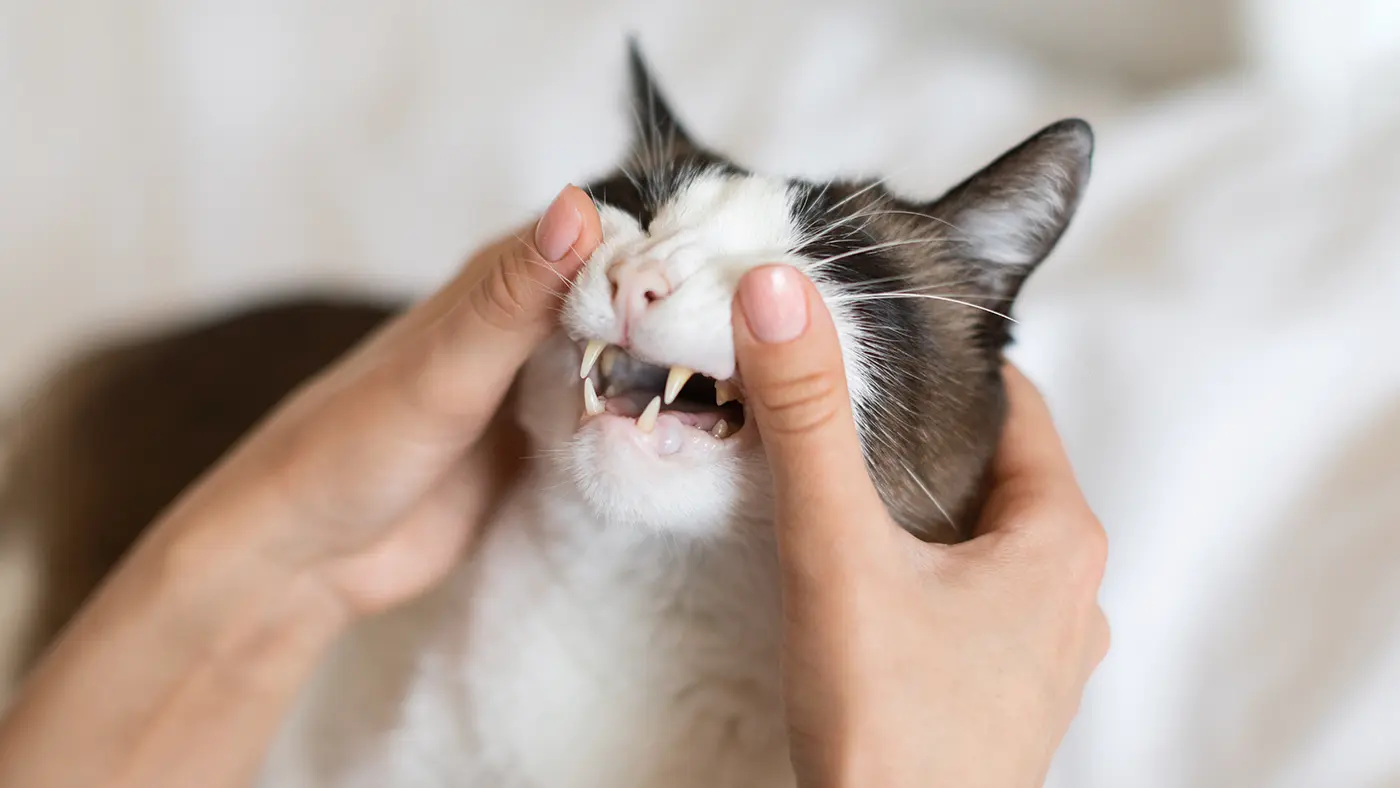
Symptoms. Gingivitis in cats
Symptoms of gingivitis in cats include a number of clinical manifestations that can affect their quality of life. Common symptoms include:
Bad breath (halitosis). The presence of an unpleasant breath odor can be a sign of gingival inflammation.
Also read: Why does the cat's mouth smell bad? Causes and Treatment
Feeding difficulties (dysphagia). Affected cats may experience difficulty swallowing, which may lead to food refusal.
Reduced appetite. Gingivitis can affect your cat's appetite, causing it to eat less than usual.
Excessive salivation. Cats with gingivitis may exhibit excessive drooling, indicating oral discomfort.
Bleeding from the mouth. An obvious symptom of gingivitis is bleeding from the mouth, which can be seen while eating or brushing the teeth.
Paw to mouth shower. Cats may try to relieve discomfort by rubbing their paws against their mouths.
Oral pain. Pain during examination of the mouth may be noted, and the cat may exhibit sensitivity to touch.
Weight loss. Due to the discomfort associated with gingivitis, some cats may refuse to eat properly, which can lead to weight loss.
Untidy appearance. Because of the pain and discomfort, cats may no longer take the same care for personal hygiene, exhibiting an overall unkempt appearance. This behavior can very often indicate gingivitis in cats.
Inflammation of the submandibular lymph nodes. In some cases, the submandibular lymph nodes may become inflamed (lymphadenopathy), reflecting the immune system's response to gingival inflammation.
Treatment and prevention of gingivitis in cats
Treatment and prevention of gingivitis in cats involves a comprehensive and individualized approach, and decisions should be made in consultation with a veterinarian. Accurate diagnosis is essential and may involve procedures such as x-rays of the teeth to assess their health and identify any root damage.
The usual treatment involves scaling, which is usually done under general anesthesia to ensure the cat's comfort and to facilitate access to all areas of the oral cavity. Extraction of problem teeth may be necessary in some cases, and in severe situations, all teeth may be extracted. Although it may seem like a radical solution, it eliminates the source of gingival inflammation associated with bacterial plaque.
In the case of an active pathological bacterial component, antibiotics such as Clindamycin, Amoxicillin, Doxycillin or Metronidazole may be prescribed. The choice of antibiotic depends on the veterinarian's assessment and the particularities of each case.
Corticosteroids may be prescribed to reduce inflammation, but only if deemed necessary by the vet. Nonsteroidal anti-inflammatory drugs (NSAIDs) and cyclosporine may also be used to control inflammation. In cases where the immune system is involved, oral or injectable interferon omega may be given.
Other treatment options may include CO2 laser therapy, lactoferrin applied to the gums, and stem cell therapy. It is important to tailor the treatment plan to each cat's individual needs and closely monitor progress to ensure effective gingivitis management.
Consultation and treatment recommendation. Gingivitis in cats.
The diagnosis and treatment plan for gingivitis in cats should only be established by medical professionals to ensure a correct and effective approach to managing your cat's oral health. Before initiating any treatment, it is recommended to consult a veterinarian for appropriate assessment and guidance.
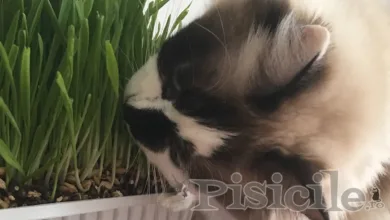
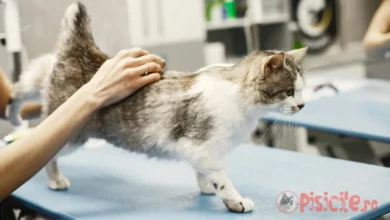
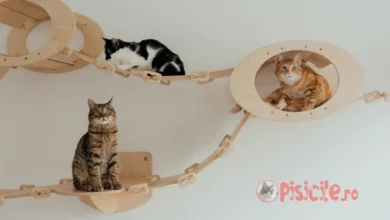
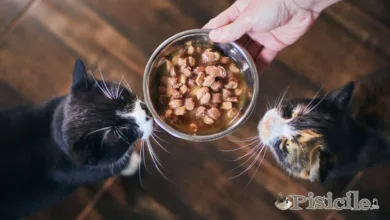
Hello do you have addresses by veterinarians who do laser surgery in cats in the mouth?
Thank you very much